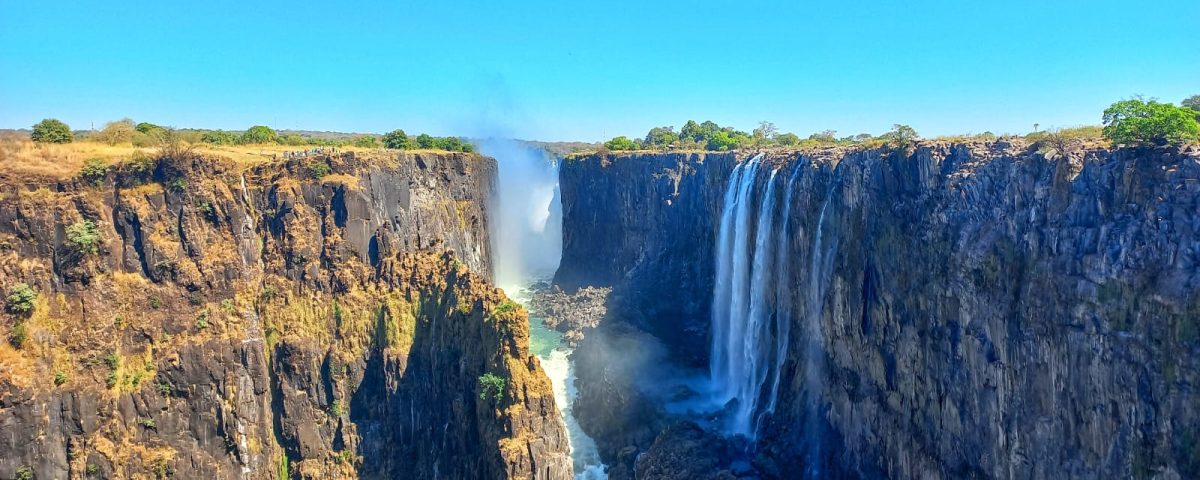Just Thoughts on COP29 (as a Non – Delegate)

Africa Leads The Way In Greener Innovations
18th September 2024
Between Words and Distractions
28th November 2024One of the most significant yet often overlooked challenges we face today is Climate Change. But how many of us are genuinely realising its impact on our daily lives or what even climate change is in the first place? Sometimes we blame instances on climate change and they are a result of poor planning and management and not climate change itself.
The COP29 in Baku, Azerbaijan is yet another global gathering where leaders discuss Climate Action. But it’s hard not to see the irony.
Africa contributes less than 4% of global emissions yet bears the heaviest climate burden. This isn’t just an environmental issue—it’s a modern manifestation of historical inequities. While wealthy nations debate carbon markets and net-zero target dates, African nations are already losing 3-15% of their GDP annually to climate impacts. Are we having the wrong conversation?
Global discussions on climate change have been ongoing since the first United Nations Conference on the Human Environment, held in Stockholm, Sweden, in 1972, but there is a disconnect between the promises made at these summits and the reality on the ground. The continent including many in the global south needs immediate, practical solutions — not just more dialogue. The ‘talk and pledge’ cycle has created a vicious loop where urgent action is endlessly delayed. Each conference highlights the same concerns, yet implementation remains elusive.
The Climate Finance narrative has become a convenient distraction. Instead of real action, we’re seeing repackaged development loans being marketed as climate solutions. African nations don’t need more debt—we need climate justice. Climate justice means more than acknowledgement; it demands financial, technological, and structural support. Without this, we just keep recycling conversations.
Here’s the uncomfortable truth: Current international climate frameworks essentially ask African nations to limit their industrial development to solve a crisis they didn’t create. This is neo-colonialism dressed in green. We need to demand direct technology transfers, debt cancellation, and compensation for loss and damage should be non-negotiable starting points—not “ambitious goals.”
In hindsight, African solutions to climate challenges are being overlooked – and sometimes taken away from wrongfully. Traditional ecological knowledge and local adaptation strategies get lip service but minimal funding. This must change. Until we address these power imbalances in global climate politics, climate conferences will remain exercises in ‘green theatre’ rather than opportunities for change.
In the end, we cannot leave protecting the planet to environmentalists alone.
*COP29 is the 2024 United Nations Climate Change Conference or the 29th session of the Conference of the Parties to the United Nations Framework Convention on Climate Change.
Image: Victoria Falls




